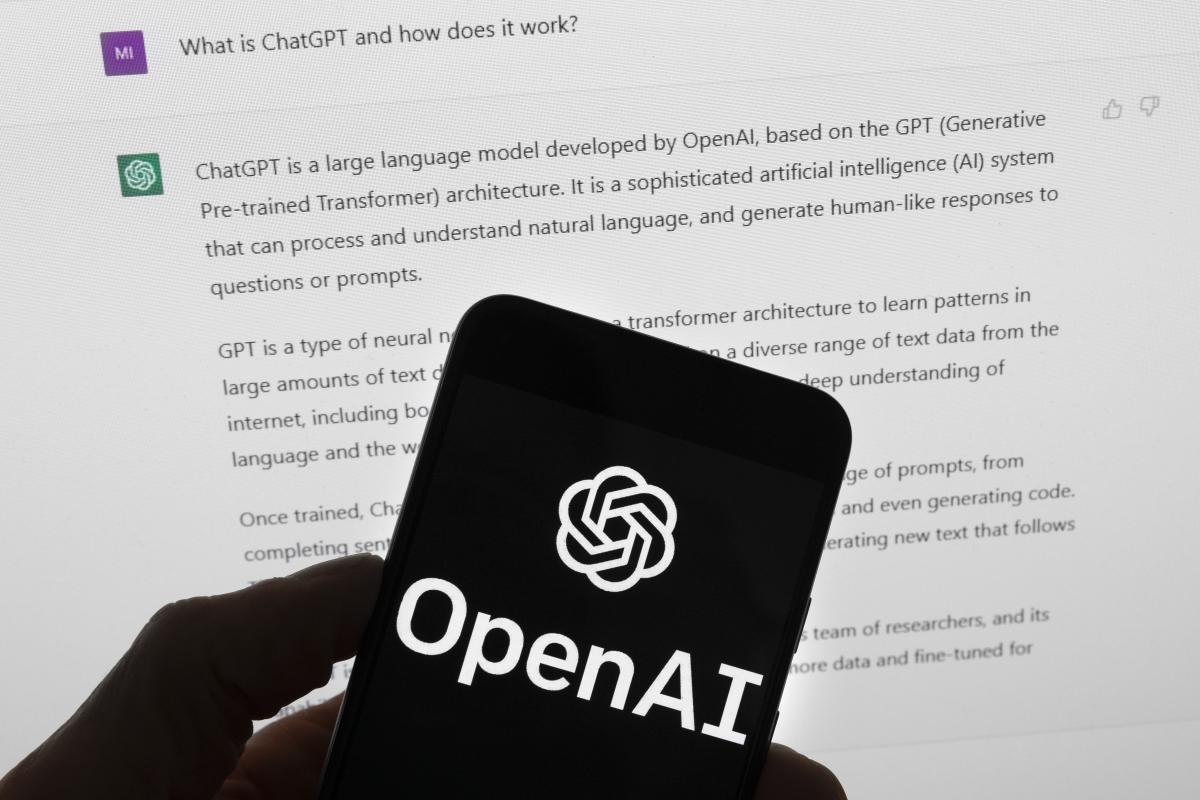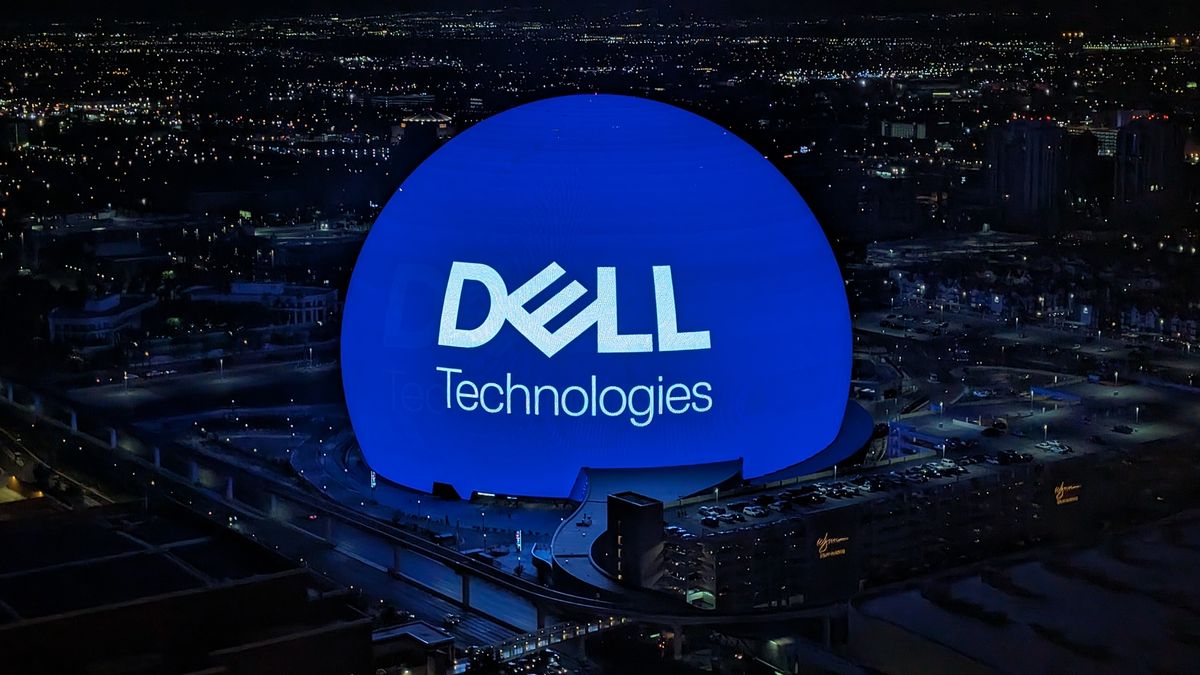OpenAI, the company behind ChatGPT, has recently entered the voice assistant market by unveiling its new Voice Engine technology. This new technology is capable of cloning a person’s voice using just 15 seconds of recording and has potential applications in various industries.
OpenAI recognizes the risks associated with generating speech that resembles people’s voices, particularly in sensitive contexts such as elections. Therefore, the company has decided not to release its Voice Engine technology publicly at this time due to concerns about misuse. Instead, OpenAI has set strict guidelines for early testers of the technology, requiring them to obtain consent before impersonating someone and disclose that the voice is AI-generated.
Some startup companies already offer voice-cloning technology to the public or select business customers like entertainment studios. However, OpenAI is taking a more cautious approach to its development and deployment of this technology. By prioritizing ethical considerations, OpenAI is setting an example for other tech companies to follow.
In addition to Voice Engine, OpenAI has also filed a trademark application indicating its interest in speech recognition and digital voice assistant technologies. This move highlights OpenAI’s commitment to developing cutting-edge technologies while prioritizing ethical considerations. If successful, OpenAI could potentially compete with established voice products like Amazon’s Alexa in the future.
Overall, OpenAI’s entry into the voice assistant market with its Voice Engine technology represents an exciting development in the field of artificial intelligence. While there are certainly risks associated with this technology, it also holds significant potential for innovation and growth across various industries.



